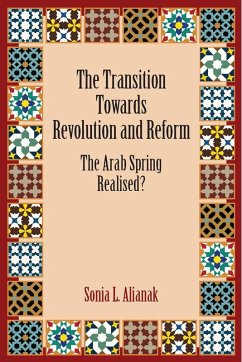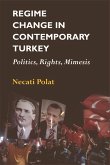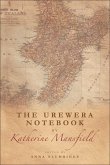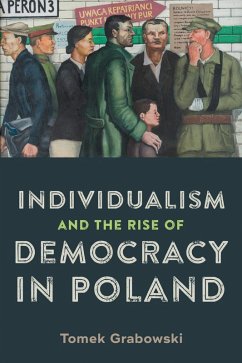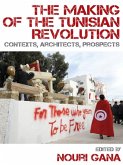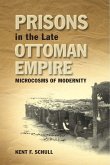The Arab Spring created attempts to transition toward democracy by the peoples of Tunisia, Egypt, Morocco and Jordan. This study compares the methods used by the secular leaders of Tunisia and Egypt to deal with people power demanding revolution with the methods that the monarchs of Morocco and Jordan resorted to in accommodating their people's priority of reform. In contrast with the monarchs, the secular leaders avoided resorting to the palliative of religion to ensure the stability of their rule and were, as a result, unable to survive. After the Arab Spring, moderate Islamist parties were, at first, elected to lead the populace out of economic deprivation and corruption. But were the ideals of the Arab Spring realised? This study evaluates the relative success of the move to democracy in these four Middle Eastern countries.
Dieser Download kann aus rechtlichen Gründen nur mit Rechnungsadresse in A, B, BG, CY, CZ, D, DK, EW, E, FIN, F, GR, HR, H, IRL, I, LT, L, LR, M, NL, PL, P, R, S, SLO, SK ausgeliefert werden.

